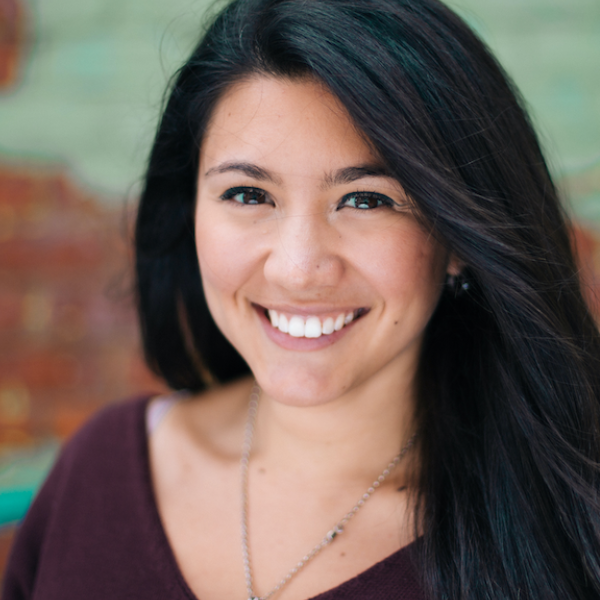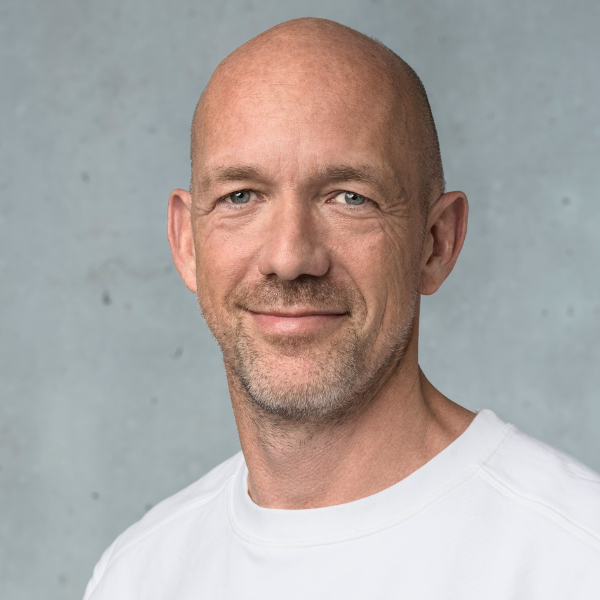In a recent paper, Stanford professor Chuck Eesley and Notre Dame professor Yong Suk Lee observed that formal entrepreneurship education helped Stanford alumni founders raise more funding and scale more quickly than peers who received no formal entrepreneurship training. But entrepreneurship education didn’t lead to a higher rate of startup creation itself. What should that finding mean for entrepreneurship educators? In this episodes, Eesley poses that question to three thought leaders devoted to training future innovators: Jon Fjeld of Duke’s Innovation and Entrepreneurship Initiative, Hadiyah Mujhid of HBCUvc, and Elizabeth Brake of Venture for America. The conversations explore the many ways that entrepreneurship education can impact students and aspiring innovators — even if they never found a company themselves.
Related

Alexandra Zatarain,
Eight Sleep
Getting to Product-Market Fit [Entire Talk]
Product-market fit is a journey. Knowing your audience and mission will help you on your way.
Video
50 minutes
Alexandra Zatarain,
Eight Sleep
Getting to Product-Market Fit [Entire Talk]
Product-market fit is a journey. Knowing your audience and mission will help you on your way.

Maria Barrera,
Clayful
Mental Health Tech, Mentally Healthy Startups [Entire Talk]
Startups can address important mental health problems, but maintaining mental health in startup culture is challenging.
Video
49 minutes
Maria Barrera,
Clayful
Mental Health Tech, Mentally Healthy Startups [Entire Talk]
Startups can address important mental health problems, but maintaining mental health in startup culture is challenging.

David Allemann,
On
Exploration in Sports Technology [Entire Talk]
Taking a risk on an innovative idea can be the spark of a global company.
Video
50 minutes
David Allemann,
On
Exploration in Sports Technology [Entire Talk]
Taking a risk on an innovative idea can be the spark of a global company.



